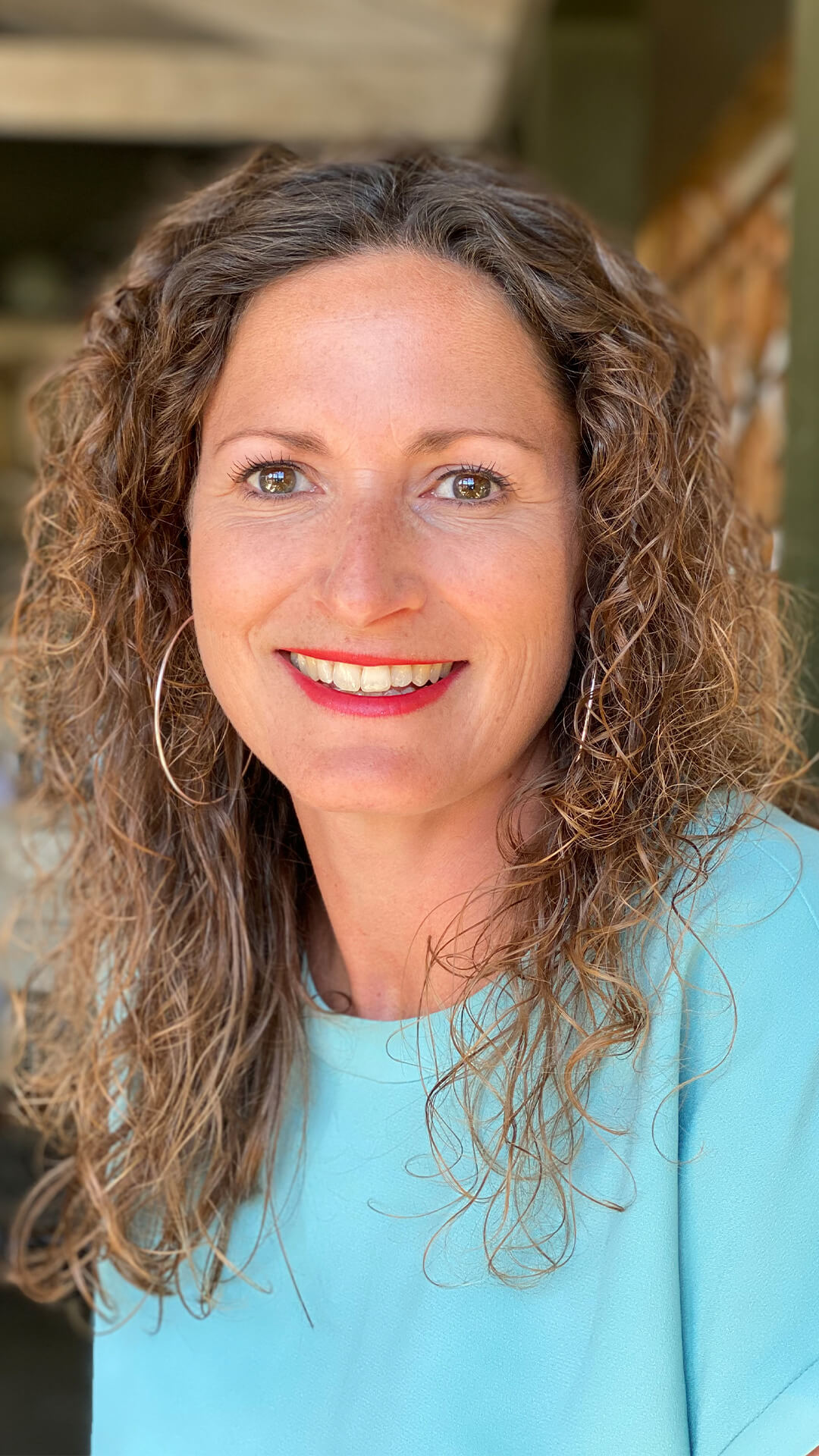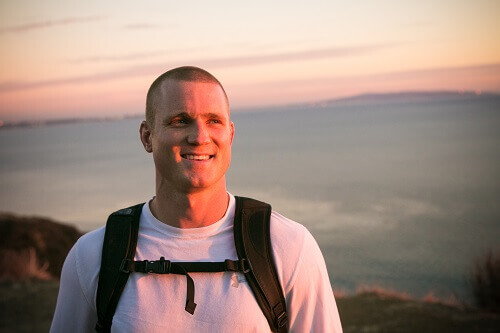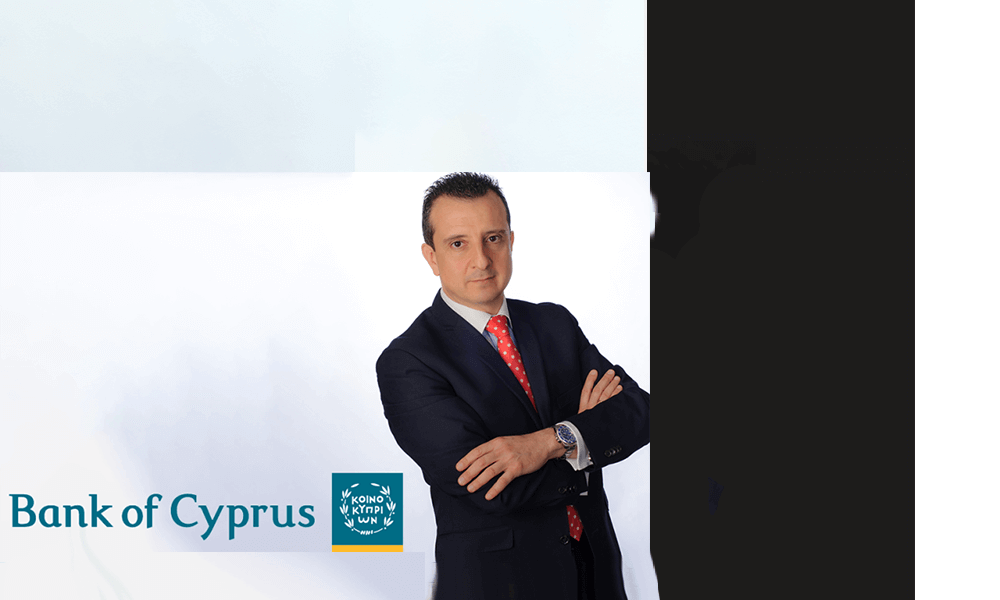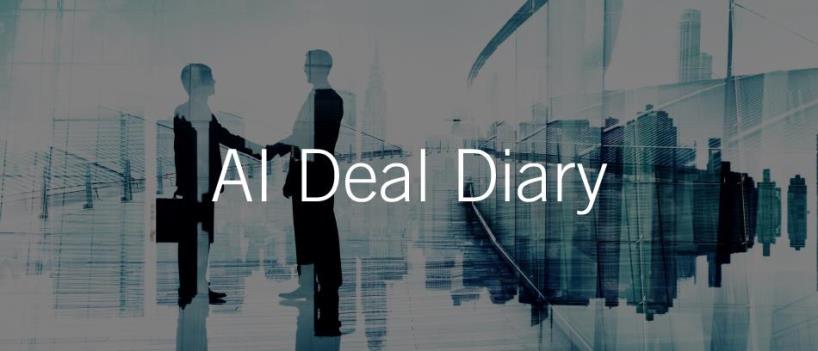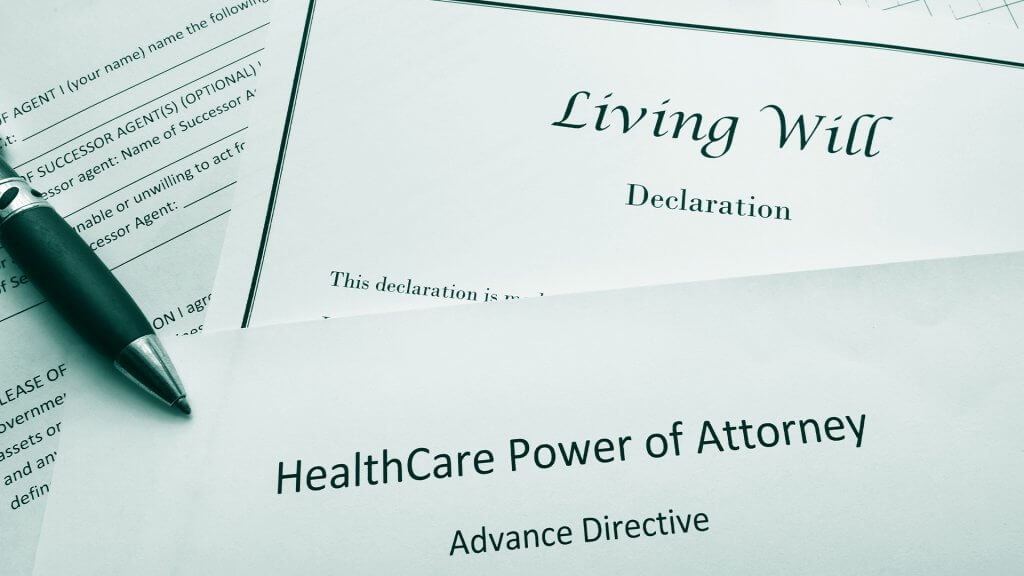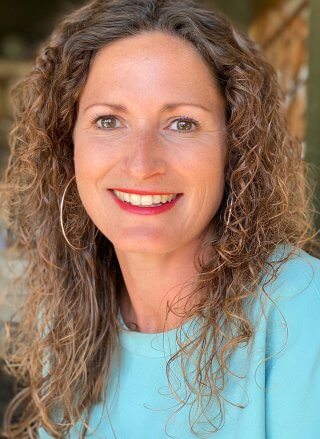
Zoe Bailey is Head of Strategic Operations at European intellectual property firm, Withers & Rogers.
Zoe Bailey joined European intellectual property firm, Withers & Rogers, as Head of Strategic Operations almost two years ago. Since then, she has worked alongside the company’s female chair to implement a modern strategic framework for the business. Whilst the world of professional services remains largely male dominated, Zoe’s Board-level position gives her a front-line role to shape the future of the business.
How did you get to this point in your career? Can you briefly tell us about your journey to ‘Head of Strategic Operations’ at Withers & Rogers?
“I originally had no career or life plan, which is ironic as now planning is part of my day-to-day role. I went to university and studied Art and History which I loved, but knew this wasn’t the path I wanted to follow. Instead, I attended business school, and it was here I was lucky to be tutored by someone who truly motivated and encouraged me. I think the most important lesson I learned at business school came from my tutor Mary who talked about women succumbing to ‘impostor syndrome’ and the importance of not letting this hold us back.
“After finishing my studies, I joined an asset management house as a secretary and used this time to learn about the world of work, and gain first-hand experience of different management styles at the same time. I had one female manager who was incredibly driven but encouraging too, and a male manager who believed that work should be rewarding and fun, who headed up the back office – both taught me so much.
“Many years, and many roles later, I had honed my own management skills and gained more qualifications in areas such as life coaching and Prince2. Joining the executive office in my previous job allowed me to gain valuable exposure to strategy, giving me the experience needed to sit on the various central boards. Eventually I felt as though what I was able to contribute to the role became limited and I decided to start looking for a new challenge that would allow me to make a difference somewhere new, and that’s when I found the role of Head of Strategic Operations at Withers & Rogers.”
How unusual is it to be a woman in a strategic development role?
“When I joined Withers & Rogers, the Partnership was mostly male, but in the space of two short years, this has shifted significantly and there is greater focus on diversity and inclusion. It is sometimes said that women are promoted based on their capability and men are promoted based on their potential. Whilst this hasn’t been my personal experience I think women who succeed in the professional services industry are very driven and tend to wear their passion for work on their sleeve. I think as long as you are passionate about what you do and can share it with others, a career in strategic development could be right for you, regardless of gender.”
What has been your biggest achievement since joining Withers & Rogers?
“My most rewarding achievement since joining the team at Withers & Rogers has been delivering a new strategic framework for the business, alongside the firm’s chair, Fiona McBride. It’s been a challenge but as a business, we now have a lot more clarity around our core purpose and vision, and we stay true to our values in the work we do.”
Was the opportunity to work alongside a female chair a key factor in your decision to take the role at Withers & Rogers?
“At the time of my job interview the chair was a man and whilst I was made aware of the internal changes happening, I didn’t know who the new chair would be because they hadn’t yet been elected by the partnership.
“I had met Fiona during the interview process, so I was aware of who she was, and I was simply delighted for her when I heard the news, I knew we would work together well from our previous conversations.”
Do you think diverse leadership teams have any key advantages?
“I think diversity within a leadership team is not just desirable, it’s essential. Mixing people of different cultures, genders and backgrounds results in a highly effective team that is stronger together – better at both problem solving and coming up with new ideas to take the business forward.”
During the pandemic, what challenges did you face and did you have to take any difficult decisions?
“During the pandemic we were lucky enough to stay busy as a firm. However, it was a difficult time for many people and it did encourage many of us to look inward and reflect on careers and life plans. As the firm’s strategic leader, I felt it was important for the leadership team to re-examine the purpose of the company – its goals and ambitions – so we could exit the pandemic in a stronger position than when it began. This process helped to kickstart the development of a new strategic framework. The whole process was very rewarding and reminded us that change can be a force for good and have a positive influence on our daily lives.”
As a woman in a leadership role, what would you like to see more of in the future?
“I think one thing I would like to see more of in the future is increased understanding of the value of emotional intelligence in the workplace. When harnessed and applied positively to understanding the needs of others, the ability to read people’s emotions in any situation is a valuable leadership skill and it shouldn’t be ignored or trivialised. I think this is an area where women in leadership roles could help to create working environments that are kinder and more supportive to everyone. I also believe that women in senior roles have a responsibility to be inspiring role models for female leaders of the future. This is a hat I try to wear and take very seriously.”

